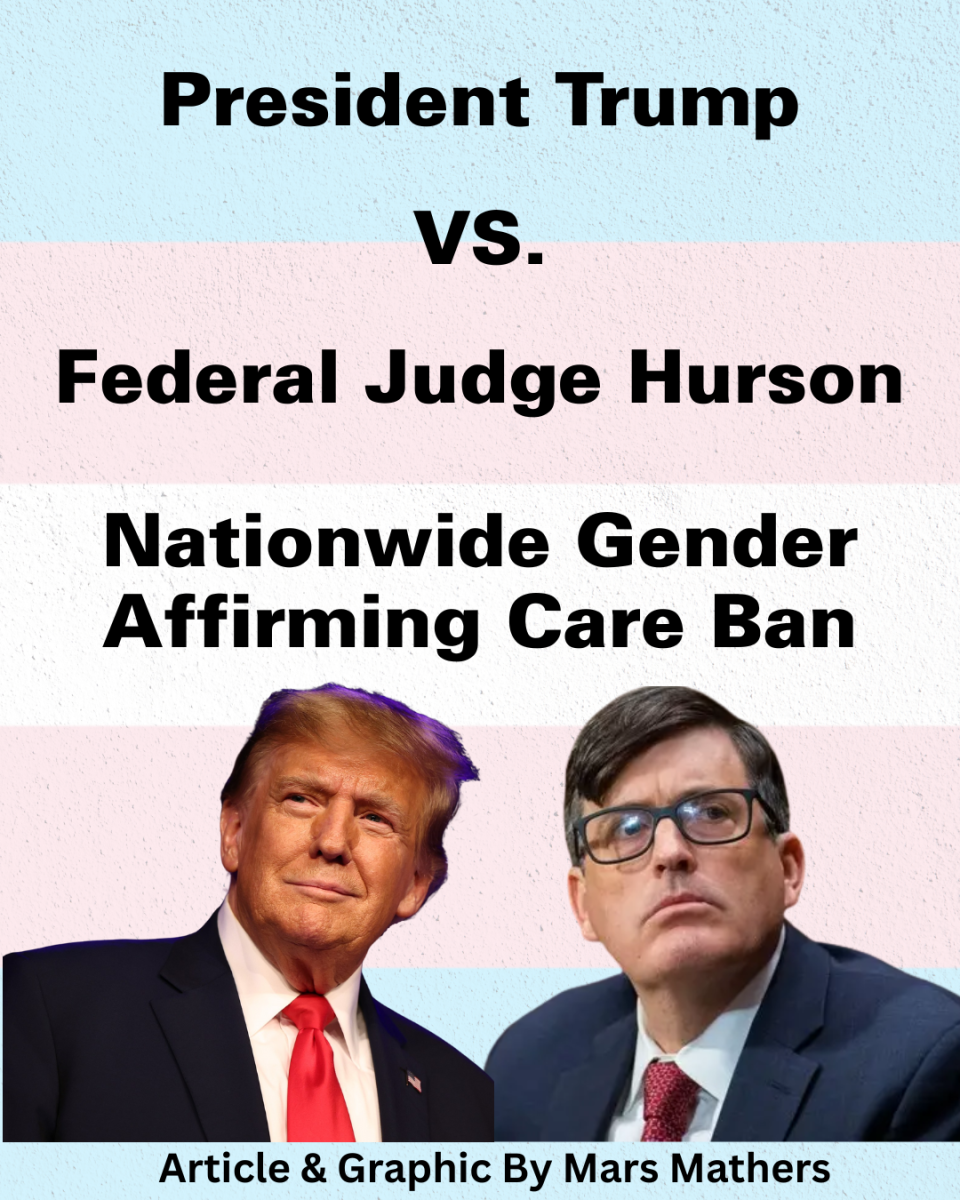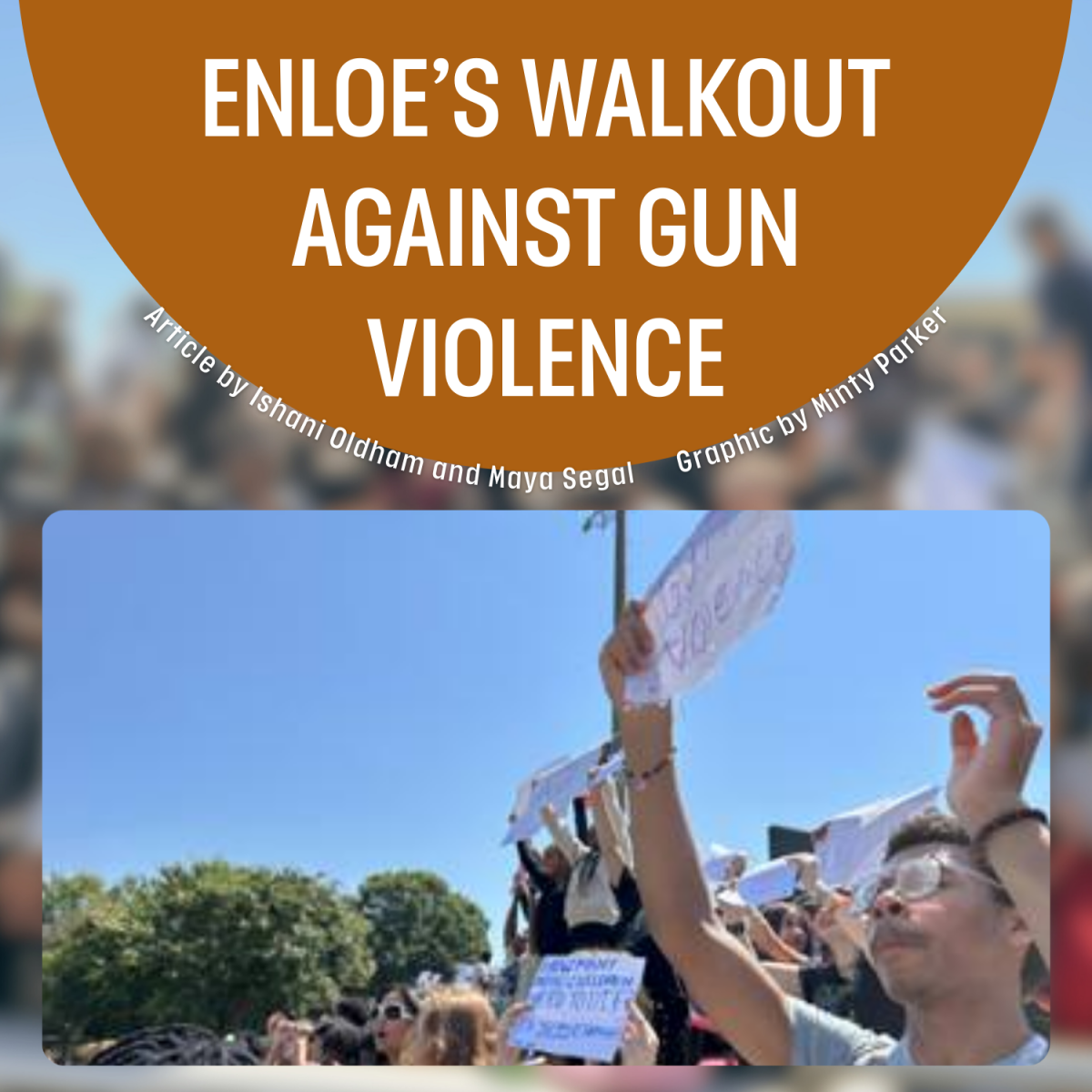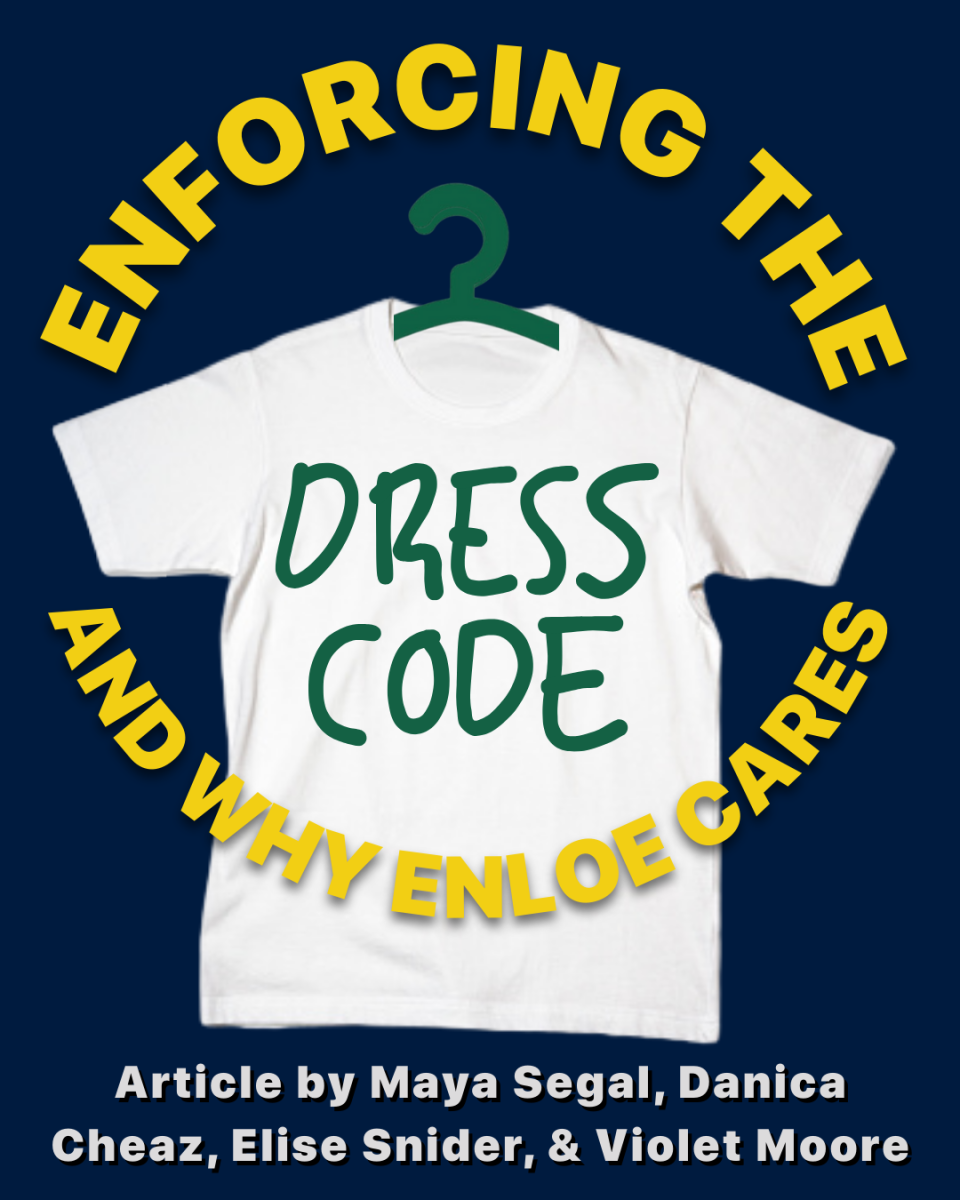On March 4, Federal Judge Brendan Hurson extended a nationwide block on the enforcement of Donald Trump’s executive order, “Protecting Children From Chemical and Surgical Mutilation.” This block is one of many actions being taken against a slew of executive orders signed into law in the past three months.
This specific order was signed on Jan. 28 and aims to ban gender affirming care for people under the age of 19. This kind of care includes things like puberty blockers and hormones, and surgeries, which are seldom provided to minors. In fact, a study done at Harvard Chan School of Public Health found that less than 0.1 percent of minors with private insurance identified as transgender and received gender-affirming care.
The order states that any hospitals that provide gender-affirming care to minors will no longer receive any federal funding, prompting some hospitals in states like Illinois, Colorado, and Virginia to suspend care indefinitely. Other hospitals have reiterated their commitment to providing gender affirming care to those who need it; Duke Children’s Hospital has continued providing this care in the wake of the executive order.
Doctors who provide gender-affirming care follow standards set forth by the World Professional Association for Transgender Health, or WPATH. The executive order attacks WPATH and calls it “junk science.”
The association is well respected in the medical community and released a statement regarding the executive order, saying, “healthcare decisions should be made by patients, families, and their healthcare professionals, guided by evidence-based practices, clinical guidelines, and individual needs rather than government mandates.”
Given the widespread impact of this order, there has been much backlash against it. In February, after the order was signed, attorneys general from 15 states issued a joint statement that their states are committed to continuing to provide gender affirming care to minors despite the executive order.
Furthermore, families from numerous states have taken part in a lawsuit against this executive order, and Judge Hurson’s block is a preliminary injunction in this case, meaning that the block will remain in place for the duration of the lawsuit.
The block was issued for several reasons. First, Judge Hurson found that President Trump likely did not have the authority to withhold federal funds from hospitals as they are appropriated by Congress. Second, Judge Hurson found that the plaintiffs in the lawsuit were likely to win their case on the claims that the executive order violated laws that prohibit sex-based discrimination and the Fifth Amendment’s equal protection clause.
In the meantime, transgender youth around the country are uncertain of the future of their care. The Executive Director of the LGBT Center of Raleigh, Kori Hennessey, has been hard at work to build up queer community and dispel misinformation surrounding gender affirming care.
One thing Hennessey emphasizes is the far-reaching impacts of Trump’s executive order. They highlight impacts that go beyond just transgender people, saying, “For example, a young person who is cisgender who requires something like puberty blockers as a part of their treatment for a life-threatening disease may end up dealing with more red tape or other issues.”
As these legal battles continue, Hennessey stresses the importance of advocacy, urging young people to stand up for their peers whenever possible and reminding them to use their voice to contact their legislators to weigh in on the future of transgender healthcare.
During this uncertain time for transgender youth and their families, Hennessey wants to remind people of the importance of community. They say, “Lean into your communities. There are others that care about you and want to see you thrive. There are resources and support out there.”








